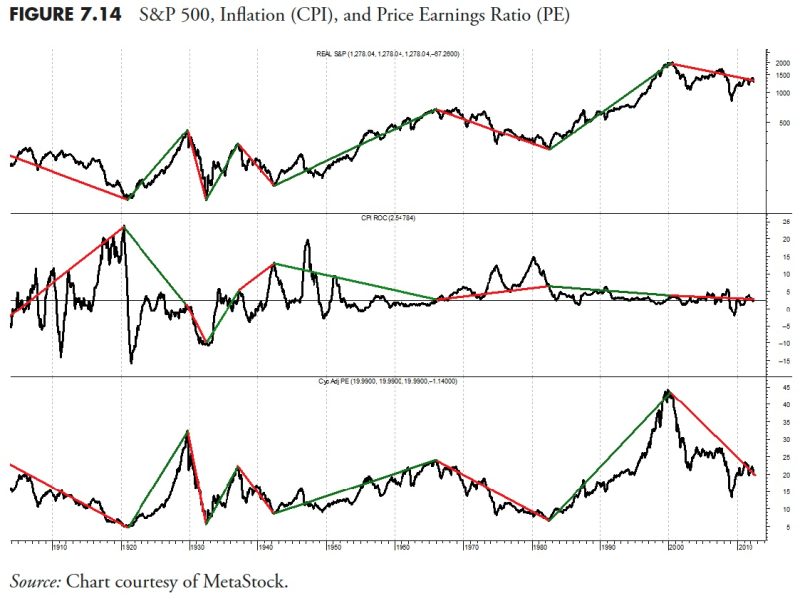Secular Markets and Their Role in Modern Finance
Now we dive into the tenth part of our series, taking a close look at the concept of secular markets and their impact on modern finance. These are long-term trends in the market that last for years, sometimes decades. They are characterized by sustained periods of bull or bear market conditions. However, the concept itself is often misunderstood, leading to misconceptions and erroneous financial decisions.
Secular markets have a significant influence on investment decisions, economic forecasts, and policy-making. Therefore, understanding their dynamics can assist investors and policymakers in developing effective financial strategies, driving economic growth, and mitigating financial risks.
Myths and Misunderstandings Pertaining to Secular Markets
One of the prevalent myths in financial circles is that secular markets tend to follow a predictable pattern, similar to cyclical markets. Investors often mistake long-term secular trends for short-term cyclical trends, leading to poor investment decisions. In reality, secular markets are influenced by a complex web of socioeconomic factors, including technological advancements, shifts in demographic patterns, geopolitical changes, and evolving consumer preferences. These underlying factors drive the long-term momentum that defines secular markets.
Another common misconception is that secular bear markets are bad for investors. It is a simplistic viewpoint that often leads to missed investment opportunities. It’s important to remember that secular bear markets, while characterized by falling prices, can offer significant opportunities for astute investors. They can take advantage of lower prices to invest in quality assets and potentially reap substantial returns when the market eventually recovers.
Investing in Secular Markets: Value vs. Growth
Secular markets have profound implications for investment strategies. In particular, they influence the age-old debate between value and growth investing strategies. Investors often believe that growth stocks tend to outperform during secular bull markets, whereas value stocks are considered safer bets during secular bear markets. However, this is a gross oversimplification, as the performance of growth and value stocks often has as much to do with company-specific factors as it does with broader market trends.
Moreover, numerous academic studies debunk the myth that either value or growth investing unequivocally outperforms in all market conditions. Instead, a carefully balanced portfolio, combining value and growth stocks, often provides a more effective risk-reward tradeoff.
The Role of Secular Markets in Policy-Making
Secular markets also have significant implications for economic policy-making. Policymakers often face the challenge of making decisions based on short-term political cycles, while






























